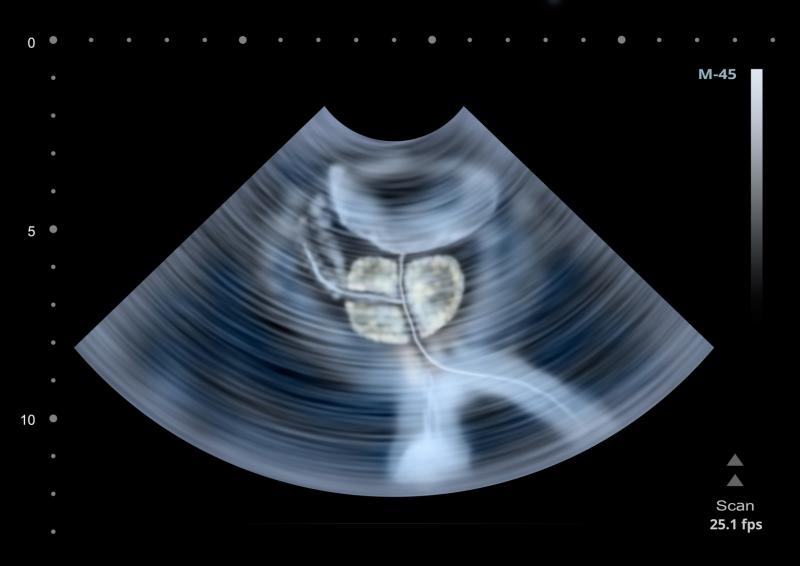
Treatment with 5-alpha reductase inhibitor is associated with a reduced risk of surgical intervention in men with benign prostatic hyperplasia (BPH), a recent study has shown. Patients also show high medication adherence outside of clinical trials.
In addition, 5-alpha reductase inhibitor therapy exhibits a modest clinical benefit and appears to be more feasible for older men with BPH than previously reported.
Medication adherence among 3,107 men initiating 5-alpha reductase inhibitor therapy for BPH and filling at least two prescriptions was high (74.9 percent) during the first year. Those with low adherence had 29-percent higher risks of undergoing surgical intervention (95 percent confidence interval [CI], 1.02–1.59; p=0.036) after adjusting for age, BPH severity, presence of haematuria, bladder stones, and type of 5-alpha reductase inhibitors.
Other risk factors for surgical intervention included the presence of bladder stones (hazard ratio [HR], 1.70, 95 percent CI, 1.02–2.86; p=0.04) and use of finasteride vs dutasteride (HR, 1.41, 95 percent CI, 1.01–1.98; p=0.05).
In this study, the investigators identified men initiating a 5-alpha reductase inhibitor for benign prostatic hyperplasia with more than one medication dispensation using healthcare and pharmacy claims from Partners Healthcare Medicare Accountable Care Organization enrolees (January 2009 to July 2018).
Adherence was defined as proportion of days covered of ≥80 percent. The investigators used Cox proportional hazards model to examine the primary outcome of treatment failure, defined as any BPH-related surgery.